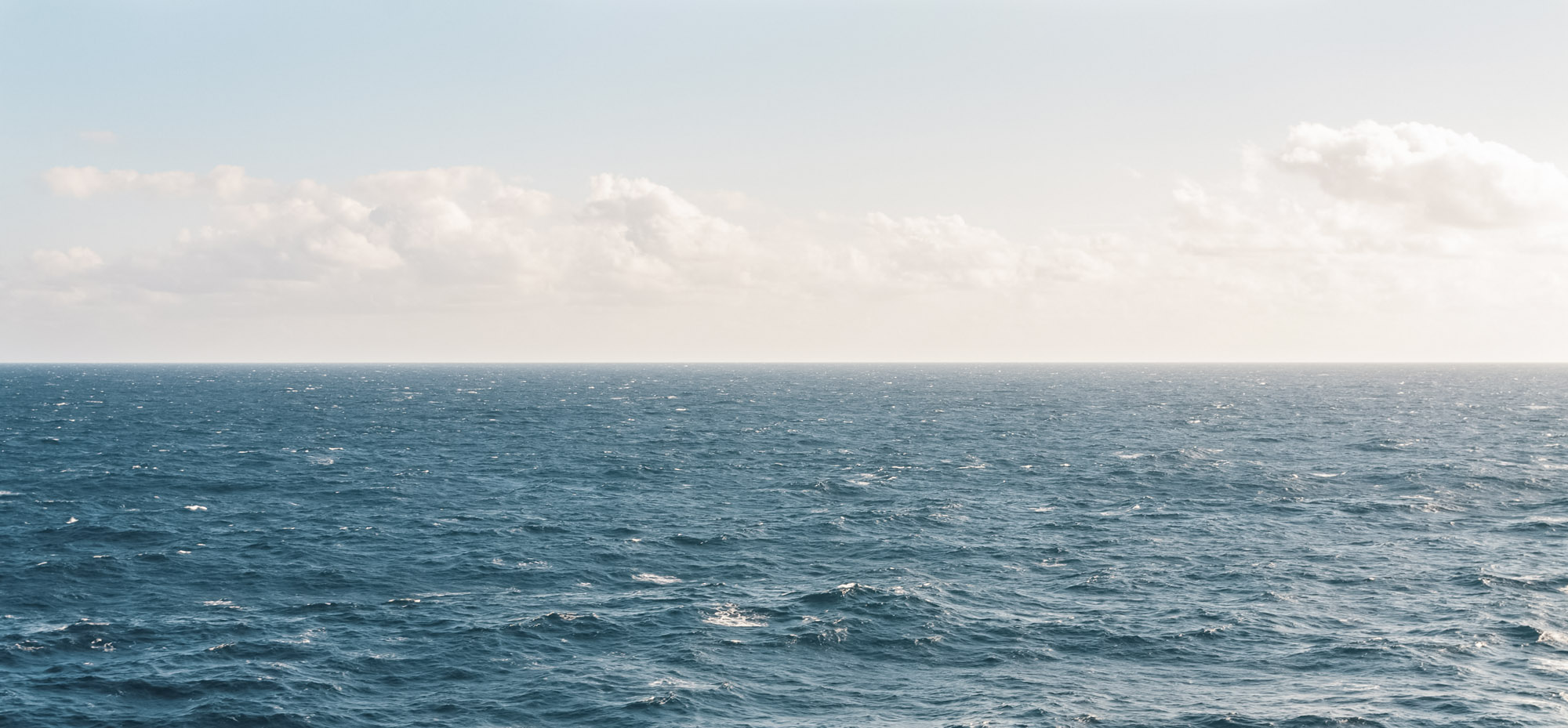
Dan-Unity CO2 is excited to be able to announce it is participating in the Greensand Consortium - the consortium behind the largest CCS project currently underway in Denmark.
Dan-Unity CO2 is a part of phase 2 of Project Greensand, undertaking development of a transport solution that accommodates the unique characteristics and requirements of the project including different technical studies.
Dan-Unity CO2 looks forward to collaborating with all of the participants in the Greensand Consortium to accelerate the development of CCS and to contribute to the Danish Government's goal of 70% reduction of CO2 emissions by 2030 and climate neutrality by 2050.
You can find the full press release from the Greensand Consortium below:
Denmark has a goal to achieve a 70% reduction in CO2 emissions by 2030 (when compared to the 1990-level), and the target has been grounded in one of the most ambitious Climate Laws in the World.
In striving to reach this target the Danish Parliament, as well as independent advisors, have identified to the need for carbon capture and storage (CCS). The Danish Climate Strategy stipulates, that only by using the depleted hydrocarbon fields in the Danish North Sea, can CO2 storage be established by 2025, and deliver the envisaged 25-40% of the Danish reduction target by 2030.
The Paleocence sandstone fields of the Siri Area in the Danish North Sea are located at an optimal depth of 1.5-2.2km below the seabed and are encased in one of the most competent cap rocks in the North Sea. As the area does not experience earthquakes, and the oil has been retained in the sandstone under the cap rock for 10-20 million years, the area constitutes a very safe storage site for CO2. In Phase 1, the Greensand Consortium demonstrated that no showstoppers were identified or the development of a CO2 storage site. The assessment was certified by DNV (www.projectgreensand.com). The Storage potential is ½-1 million ton of CO2 per year from 2025, increasing to 4-8 million tons of CO2 per year by 2030. Hence, the Siri Area and Project Greensand can account for all of the CO2 storage proposed in the Danish Climate Program.
In order to pursue CO2 storage in 2025, the Greensand Phase 1 Consortium (INEOS oil & gas DK, Wintershall Dea, Maersk Drilling and GEUS) has teamed up with more than 20 other companies, research institutes and universities, to carry out a dedicated pilot project. The project aims to demonstrate that CO2 can be injected into the Nini West reservoir, but also wants to demonstrate cost-effective and environmentally safe well and monitoring technologies. Utilizing a newly developed, state-of-the-art, full-scale test loop in Esbjerg, the results of the pilot project will not only be important for the Greensand project, but for the maturation of CO2 storage sites in Denmark and Europe. Furthermore, the project aims to test the entire CCS value chain, from a pilot capture unit at Aalborg Portland in Denmark, transport by ship and injection into the Nini West reservoir. If the pilot is successful, this will be the first Full Chain Climate CCS Pilot carried out in Europe.
With the capabilities and insight of the consortium, and the further support from the advisory boards, Project Greensand takes an important step in supporting the Danish Climate Strategy. The consortium aims to file an EUDP Application by September 2021 and expect to initiate the pilot work already by end 2021, with execution of the offshore injection pilot late 2022. Only by having a holistic approach and cover the full CCS value chain, can a 2025 CO2 storage site be realized, as separating the individual elements into minor projects, will result in excessive maturation time, and 2025 storage cannot be achieved. The consortium comprises major Danish companies, international companies with expertise in carbon capture, international research institutes and universities and small Danish start-ups with groundbreaking ideas on monitoring technologies. These monitoring technologies are crucial for demonstrating environmentally safe storage. The storage by 2025 requires that the relevant authorities focus on establishing the necessary regulatory framework for pilot projects as well as for CO2 Storage. This regulatory framework is currently not in place and is challenging the option for delivering CO2 reductions by 2025.
A large majority of the Danish Parliament decided in December 2020 to set aside a special EUDP funding pool to support one Danish pilot project, aiming to investigate the reservoir-CO2 interaction (www.eudp.dk/nyheder/mere-500-mio-kroner-til-nye-energiprojekter). This pilot project will form the basis for a decision, to enable CO2 storage already by 2025, and hence be amongst the frontrunners of CO2 storage project in Europe. Project Greensand is this front-running project, and with the necessary EUDP funding for both storage, monitoring and capture at Aalborg Portland, Greensand can secure and environmentally safe CO2 storage in the Nini Field be established already from 2025.
project greensand phase 2 consortium - press release 17th august 2021.
You can find out more about Project Greensand here.